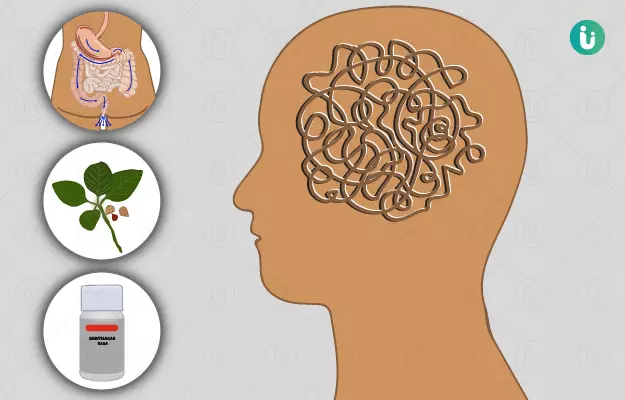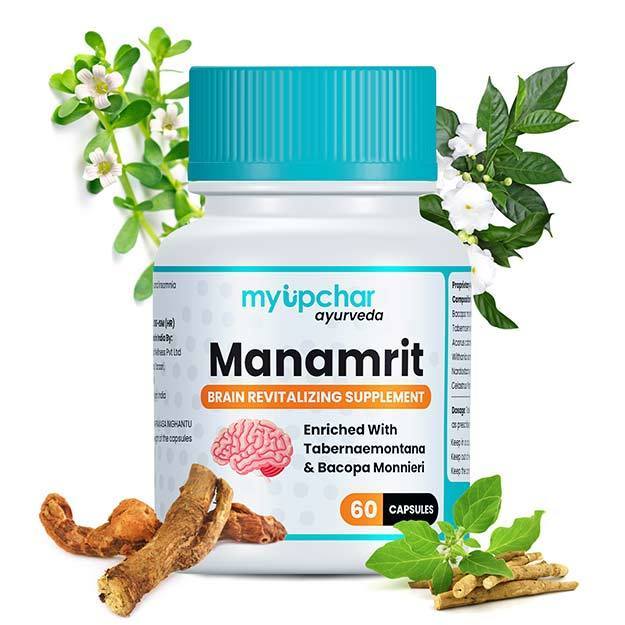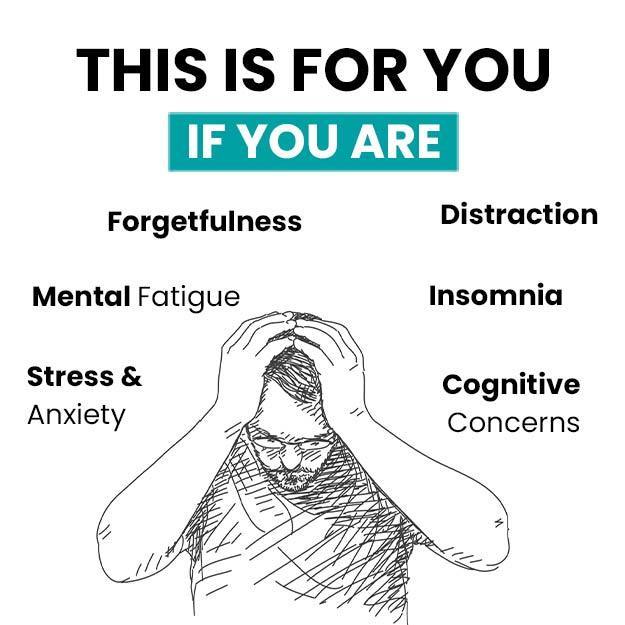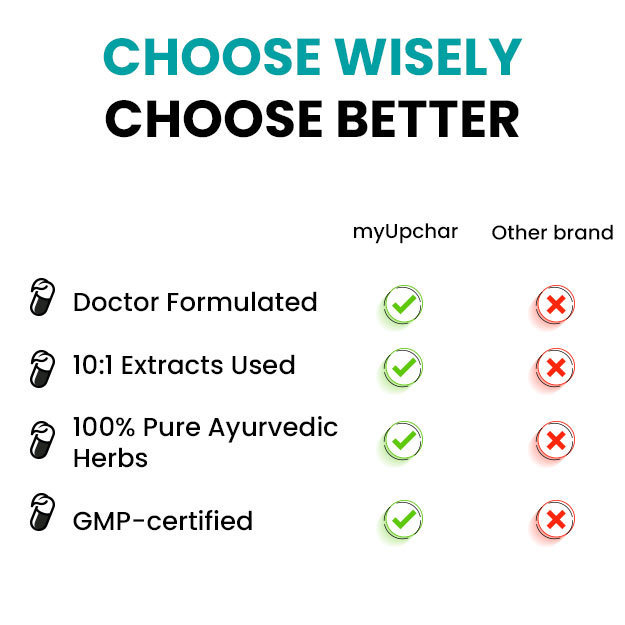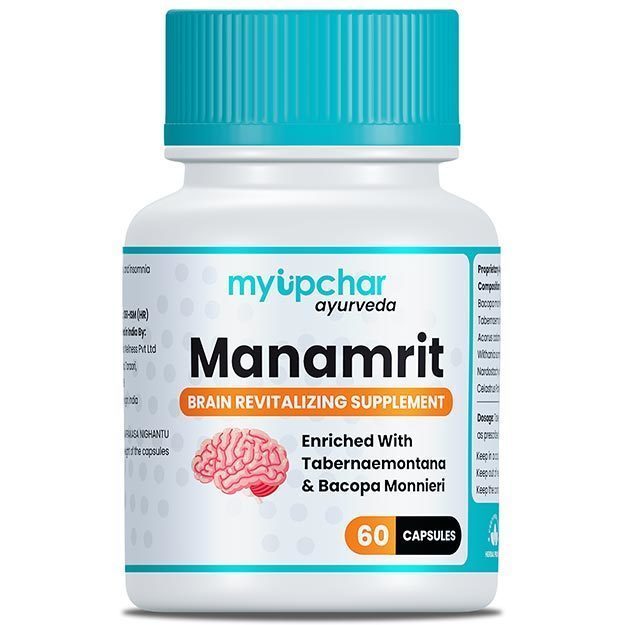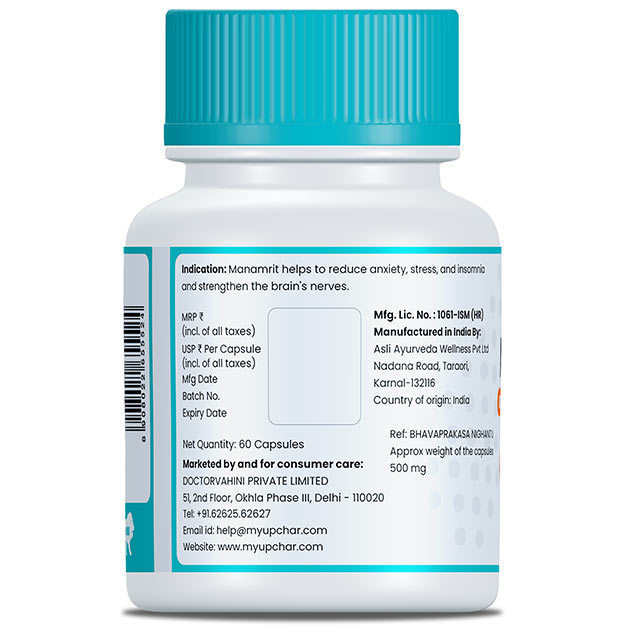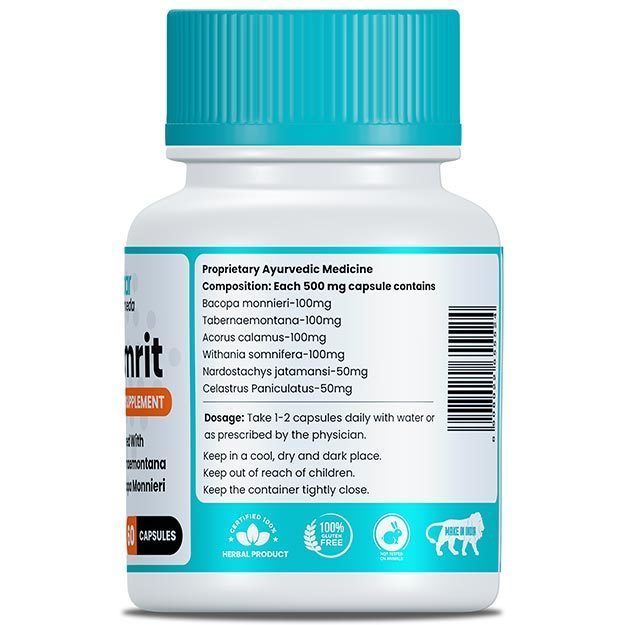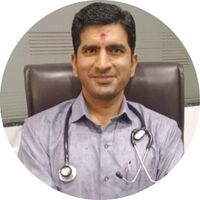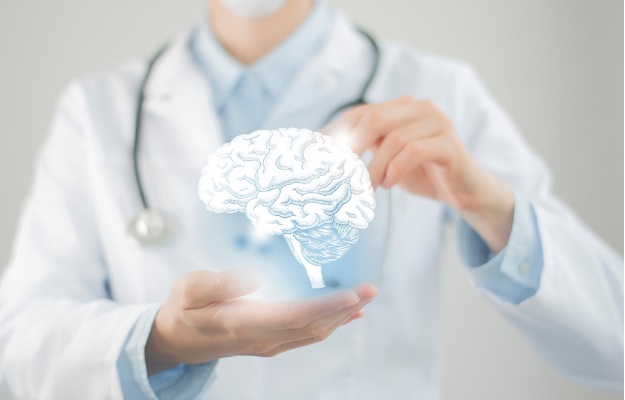Mental disorders are conditions characterised by changes in behaviour, emotions, mood or thinking. Social problems, family or work issues, or distress are usually the causative factors for mental disorders. These disorders not only affect productivity, but also relationships, and work and home life of an individual. Ayurveda considers mind as a bridge between indriyarthas (sense objects) and indriyas (senses), which is responsible for an individual’s self-control and direction of senses. According to Acharya Charaka, manas rog or mental disorders occur due to vitiated manasic doshas (mental humours), vitiated bodily doshas, or a combination of both.
Chittodwega (anxiety), unmada (psychosis), vishada (depression), and anidra (insomnia) are some of the common mental disorders. Ayurvedic treatment comprises non-herbal therapies like satvavajaya chikitsa (psychiatric measures) along with panchakarma (five therapies) therapies of shirodhara (pouring liquids or oils over the head) and rasayanas (rejuvenatives) to improve the mental function and treat mental conditions. Herbs like brahmi (water hyssop), ashwagandha (Indian ginseng) and jatamansi (muskroot) act as brain tonics, thereby, helping manage and treat mental disorders. Herbal formulations such as unmada gajakesari rasa, ashwagandharishta, smritisagar rasa and saraswatarishta also prove beneficial in treating mental disorders. Following a healthy lifestyle, exercising regularly, enjoying work, and keeping a good personal space can help prevent and manage mental disorders.

